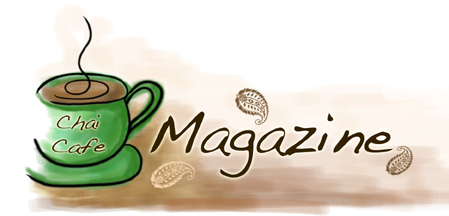In Threading the Needle, Marie Bostwick discusses friendship lost and then found. She explores the ways we create the experiences of our past and future, along with the impact of relationships with family and friends.
Bostwick uses as the background of her story the recent economic downturn in the US. One character becomes the wife of a corrupt financial man (Madelyn) who is blamed for some of the country’s financial woes. Her long-lost friend (Tessa) is exploring the challenges of entrepreneurship and the challenges faced by her and her husband’s choice to follow their dreams and give up the security they once had.
Both friends find themselves and each other in the town they had left behind. Quilting is the back-drop of their journey. They learn about forgiveness, taking chances, healing, and starting over. Following are some inspiring and thought-provoking excerpts from the lovely story.
p.237 to Madelyn from a friend/foe: “I know what it is like, my dear, to be married to a difficult man. A man who is hard to love and who, perhaps, you never loved, and then to suddenly lose him. We’ve led strange lives, Madelyn. We know about regrets and private grief that others will never understand. But you mustn’t blame yourself or look back – not any longer than it takes to learn what must learn. After that, let it go. The past is past, Madelyn. But you’re still here,” she whispered urgently and exerted a gentle pressure on my arm. “And I’m glad. You be glad too.”
p. 256 “The quilt was beautiful but, to me, it was more than that. It was a touchstone, a reminder of the person I once had been, an invitation to gather up the best of myself and carry it forward, to pass through the slender door, a difficult feat, but not an impossible one. It was a symbol of restoration, of work in progress.
No one would stay in this room, no one who knew me, not even Tessa, who had restored the quilt and our friendship, would fully understand that symbol, but it didn’t matter. It was a beautiful room now, a place of rest and respite. I hoped that everyone who stayed here would find both.”
p.257 “I couldn’t wave a wand and make it all better. I couldn’t remove the sting of her husband’s betrayal, or the shame of having it played out in public, but I could give her a good meal, a soft bed, a private place to cry and, when tears were spent, mentally prepare her to greet the little life that she carried inside her and face her future as a single mother. Before continuing down the hall to my own room, I paused to lay my hand flat on Angela’s door and silently wish her well.”
p. 257 “I wanted success; I had from the first. But now I wanted it in a different way, not just for myself. I wanted it for the town and the people who had welcomed me…I wanted it for Angela and everyone like her, people who needed a peaceful place to recharge their batteries and remember that life was still good,….For the first time in my life, I might actually be able to help people.
Lying in the dark, my eyes staring up into a chasm of black, I felt a tightness in my chest, like a hand clamped around my heart. This is what it’s like to be a part of something, of someplace. This is what it’s like to care. I never knew.”
p. 260 “Do not worry about tomorrow, for tomorrow will worry about itself. Each day has enough trouble of its own.”
p. 271 “Sometimes if you’re lucky, you realize that the little things are really the big things. Or as Lee might say, “Broke I may be. Poor I am not.”
p. 299 “Maybe the New Bern of the 1960s wasn’t all that different from the New Bern of today, populated with the good and the not-so-good. In the end, maybe it all comes down to where you choose to look and what team you decide to play for.”
p. 323 “I liked her. I don’t know that I’d ever encountered anyone with such enthusiasm or energy, and as the weekend went on, I saw that it was entirely genuine. There’s something very attractive about that. It helped too, that I knew her story, how her husband had deserted her upon the birth of their son, Howard, and how Mary Dell had soldiered on alone to raise a child with special needs, eking out a living as a quilt teacher. Mary Dell was optimistic, not because she didn’t know hardship but because she had overcome it.”

